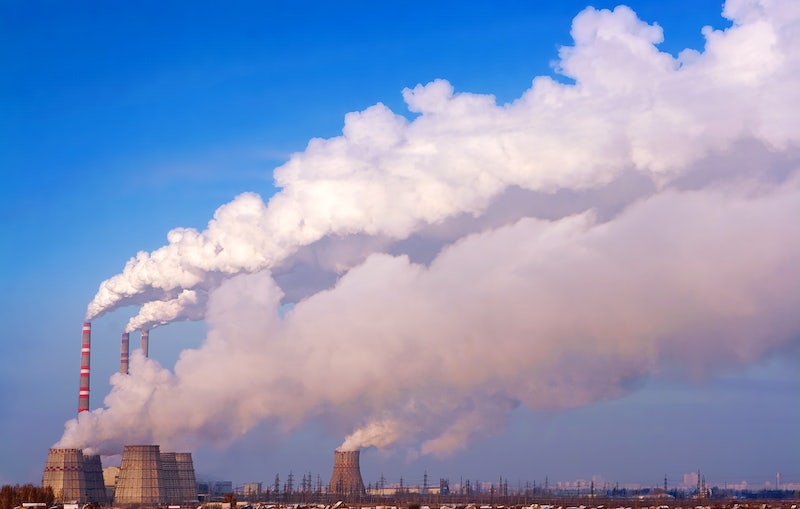
Air pollution is defined as the contamination of the environment, either indoor or outdoor, by any chemical, physical, or biological agent that modifies the natural characteristics of the atmosphere. This can lead to a significant decrease in the lifespan of many people. Air pollution is often associated with around 7 million premature deaths annually, with about 2.4 billion people being exposed to dangerous levels of air pollution. Air pollution also contributes to several diseases, such as lung cancer as well as acute and/or chronic respiratory diseases. Extremely polluted cities, such as Delhi in India, experience a surge of respiratory diseases every winter as heavy air traps a host of pollutants resulting in a polluted and foul smog across the city. The situation can become so severe that several schools are forced to shut down in order to protect the children’s health.
The air quality index is an index used to determine the quality of the air, running from 0 to 500 with 500 being the highest level of air pollution. The index is divided into six categories:
